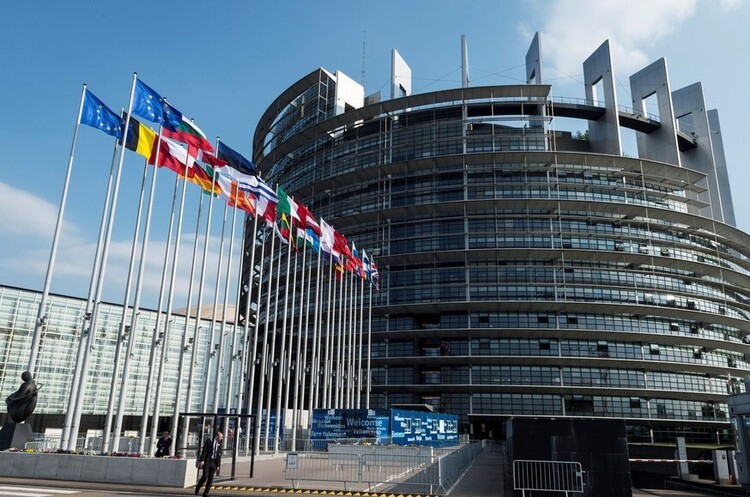European Parliament calls not to confiscate cars from Russians upon entering the EU
MEPs believe that this discredits the sanctions mechanism itself

European deputies have adopted a resolution demanding tougher sanctions against Russia, but at the same time urging EU countries not to confiscate personal belongings and cars from Russians entering the EU. According to the parliamentarians, the confiscation of personal belongings "discredits the purpose and instrument of sanctions."
"The European Parliament calls on the European Commission to reconsider its interpretation of sanctions leading to the seizure and confiscation of items and vehicles for personal use only; emphasizes that such excessive enforcement discredits the purpose and instrument of sanctions," the resolution says.
In addition, the resolution calls for the expansion of sanctions against Russia. In particular, the deputies are in favor of a complete ban on the sale and cutting of diamonds of Russian origin, and also call for sanctions against the Russian diamond mining group Alrosa.
In addition, the EP called on the European Union to work with the G7 countries to reduce prices for Russian oil and oil products, and to impose a complete ban on imports of Russian liquefied natural and hydrocarbon gas, as well as fuel and other oil products from non-EU countries if these products were produced using Russian oil. It is also proposed to ban the export of Russian oil and LNG through the EU.
In addition, MEPs called for price and volume restrictions on imports of Russian and Belarusian fertilizers, expanded restrictions on aluminum imports, and sanctions against all major Russian oil companies, Gazprombank, their subsidiaries, their management, and the Arctic LNG 2 project.
In addition, the EP called for expanding restrictions on insurance services for tankers if they are used to export Russian oil, as well as banning the sale of tankers to Russia.
The deputies also called on European countries to find legal ways to confiscate frozen Russian assets as soon as possible to use them for the restoration of Ukraine.
On September 8, the European Commission clarified the rules for applying the existing sanctions. They stated that entry into the EU countries by personal cars registered in Russia would be treated as prohibited imports, even if it was a personal car not intended for sale.
After that, Poland, Finland, Lithuania, Latvia, Estonia, and Norway closed the entry for cars with Russian license plates.
If you have read this article to the end, we hope that means it was useful for you.
We work to ensure that our journalistic and analytical work is of high quality, and we strive to perform it as competently as possible. This also requires financial independence. Support us for only UAH 196 per month.
Become a Mind subscriber for just USD 5 per month and support the development of independent business journalism!
You can unsubscribe at any time in your LIQPAY account or by sending us an email: [email protected]



